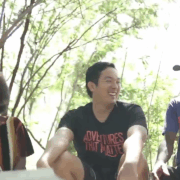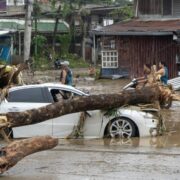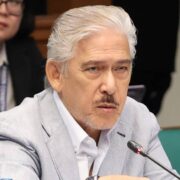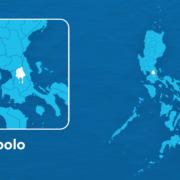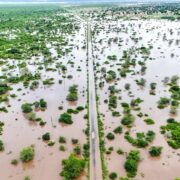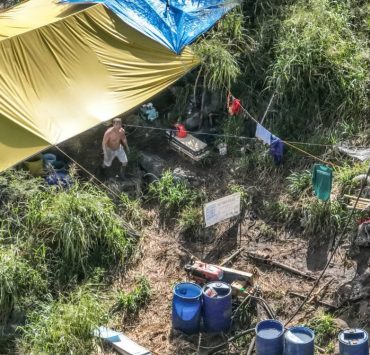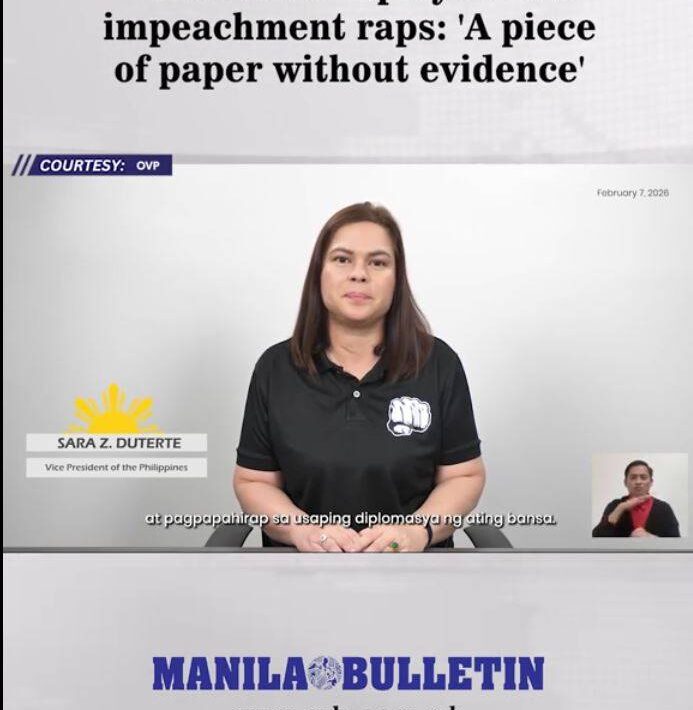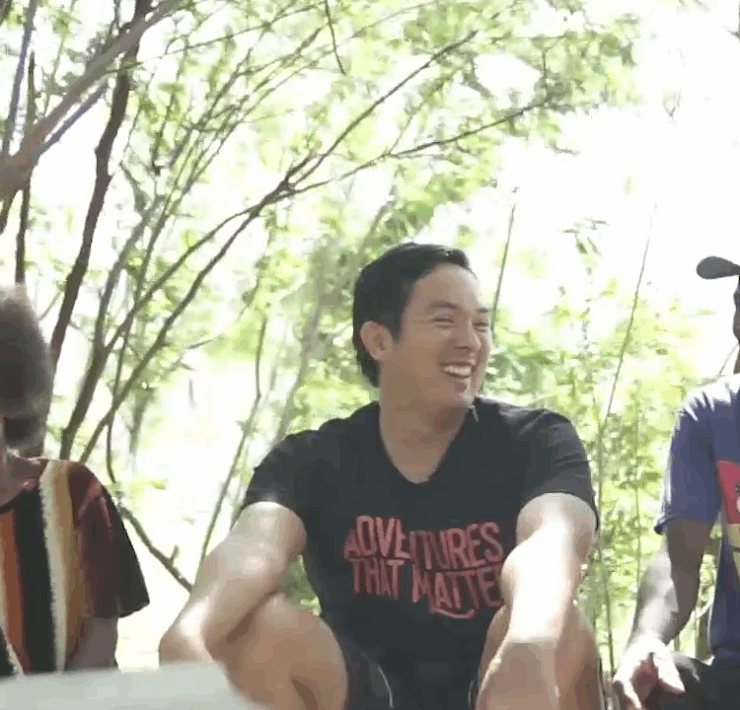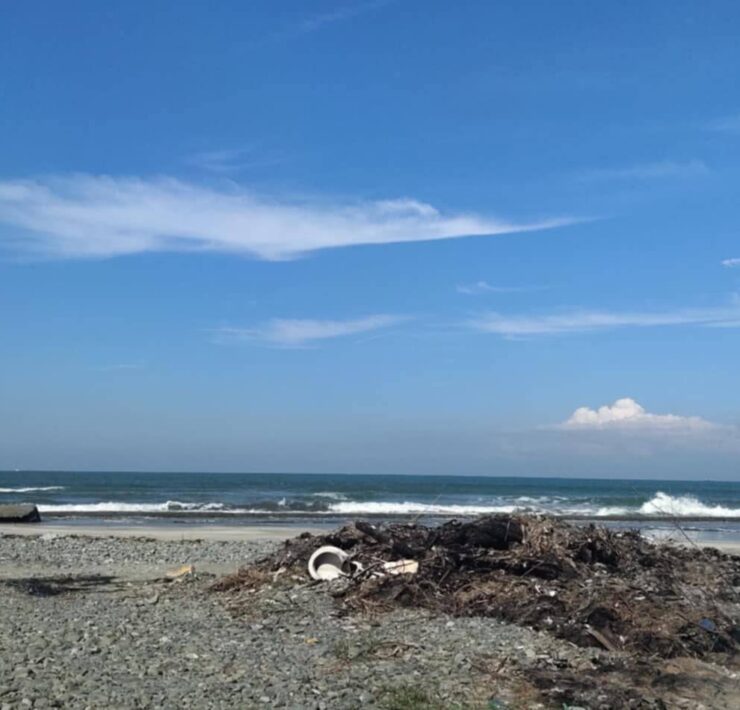Lawyers say gov’t obliged to enforce ICC warrant on DU30
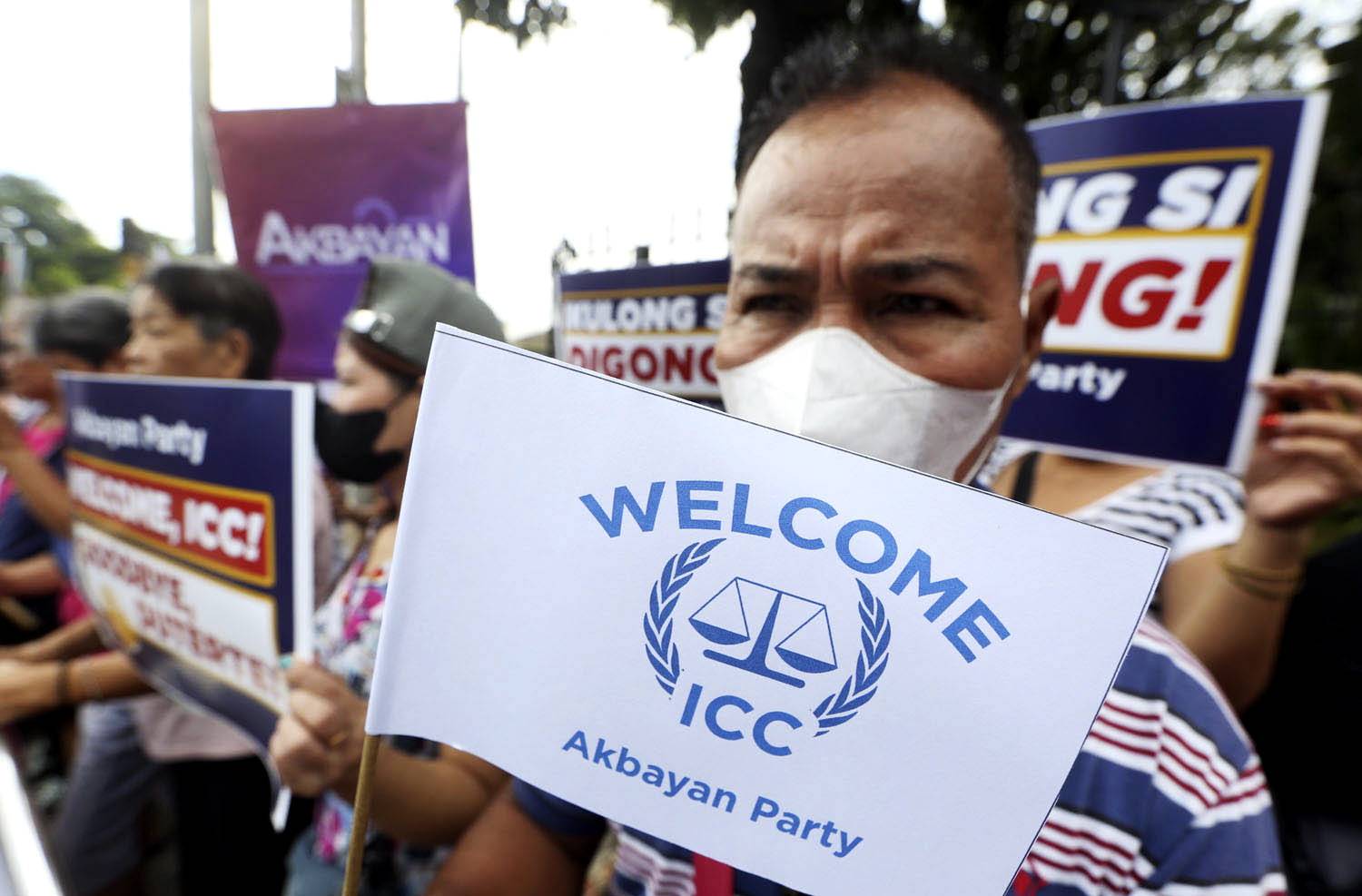
Lawyers seeking Rodrigo Duterte’s prosecution before the International Criminal Court (ICC) say the Philippines still has its obligations with the court, in terms of cooperating with its investigation and even issuing an arrest warrant on the former president.
Duterte, who stepped down after ending his six-year term in 2022, is facing a crimes against humanity case before the ICC in connection with the drug war on his watch.
Kristina Conti and Neri Colmenares, two of the lawyers for the families of the drug war victims, said the primary basis for the Philippines to cooperate with the ICC is Article 127 of the Rome Statute.
Under that provision, Conti said, the Philippines’ withdrawal from the ICC in 2018 has no bearing on the cases filed before the withdrawal took effect a year later.
Colmenares also cited that provision, saying that “Any issue or matter under consideration of the court before the effectivity of the withdrawal shall continue.”
EJKs ‘already a consideration’
Duterte’s former spokesperson, lawyer Harry Roque Jr., had argued that it was only in 2023—four years after the Philippines’ withdrawal from the ICC—that the court’s Pre-Trial Chamber authorized the prosecutor’s investigation into Duterte’s case.
Colmenares noted that the issue of extrajudicial killings (EJKs) in the drug war “was already a consideration” in 2017, when lawyer Jude Sabio filed a case against Duterte, and in 2018, when the families of the drug war victims filed their case.

He said “any issues under consideration” apply under the 2002 Rome Statute which created the ICC.
“[There is] nothing in there [that says] the request for an investigation [by the ICC prosecutor] was the only consideration,” added Colmenares, a former Bayan Muna party list representative.
“When we filed the complaint, it was already under consideration. I really don’t get where they (the Duterte camp) are getting their arguments that the jurisdiction is only limited to the preliminary investigation,” Colmenares said.
Fatou Bensouda herself had argued in 2021, when she was ICC prosecutor, that the Philippines’ withdrawal does not end the court’s jurisdiction on any crimes that may have been committed when the country was still bound by the Rome Statute.
Interpol’s role
Assuming there is basis for an arrest warrant on Duterte, lawyers seeking his prosecution agree that its enforcement is another matter.
One possibility for the warrant to be served would be to enlist the cooperation of the International Criminal Police Organization (Interpol), a partner agency of the ICC. The two bodies have a cooperation and data exchange agreement.
The international police network based in Lyon, France, is funded by its 196 member states, including the Philippines. It has a National Central Bureau in Metro Manila.
But Conti explained that while the Philippines is a member state, the Interpol can only compel the local police to provide information on the whereabouts of a person or fugitive it is after.
‘Political will’
The Interpol’s “direct agreement” with the ICC means it can secure the warrant issued by the Hague-based court, Conti said.
But serving the warrant in the country concerned would require the approval of its head of state—in this case, President Marcos.
The PNP said earlier that it would not implement an arrest warrant by the ICC, since it would take its cue from the President.
“If we talk about serving the warrant, it will require the President’s orders,” Conti said. “It’s not automatic, we have to admit that… Although they (the PNP) can be compelled out of respect for the Interpol, at the same time, [this] has to be cleared with the President. So it depends on the political will.”
“There are so many possibilities [for serving the warrant] and our point here is—it is not impossible for a warrant to be served,” she said.





